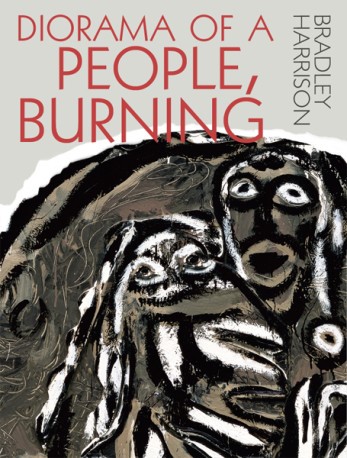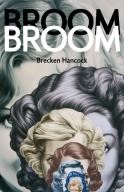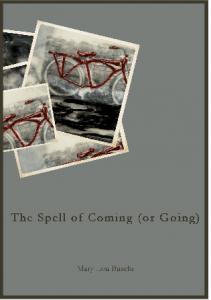“First Apartment, Spring 1996,” by Victoria Barrett
 In the fall of 1995 I was twenty-one years old, living with my mother in an apartment in my hometown. I had flunked out of college that spring and slunk home with my head hanging, vacillating between deep, deep shame and panic. I was a Smart Kid. My smartness had, growing up, been the only thing about me that mattered. What I wanted once I was on my own at school was to be loved, smart or no: loved by family, loved by a boy, loved by friends. Failing that, I would have liked to be admired. Failing that, well, I didn’t know what I wanted. That summer and fall I worked a day job dispatching truck drivers and waited tables at night, convinced I was the kind of loser who had already done at age twenty-one every worthwhile thing she’d ever do. I wanted to go back to school—I was determined that I would—but more immediately, I needed to live somewhere else. The fights were getting nastier and more severe. My mother had been hitting me, throwing at me whatever came to hand, telling me she wished I hadn’t been born since I was twelve. By this time there was nothing left but the fighting. Continue reading
In the fall of 1995 I was twenty-one years old, living with my mother in an apartment in my hometown. I had flunked out of college that spring and slunk home with my head hanging, vacillating between deep, deep shame and panic. I was a Smart Kid. My smartness had, growing up, been the only thing about me that mattered. What I wanted once I was on my own at school was to be loved, smart or no: loved by family, loved by a boy, loved by friends. Failing that, I would have liked to be admired. Failing that, well, I didn’t know what I wanted. That summer and fall I worked a day job dispatching truck drivers and waited tables at night, convinced I was the kind of loser who had already done at age twenty-one every worthwhile thing she’d ever do. I wanted to go back to school—I was determined that I would—but more immediately, I needed to live somewhere else. The fights were getting nastier and more severe. My mother had been hitting me, throwing at me whatever came to hand, telling me she wished I hadn’t been born since I was twelve. By this time there was nothing left but the fighting. Continue reading
![[PANK]](https://pankmagazine.com/wp-content/themes/pank/assets/images/pank-logo-large.png)





